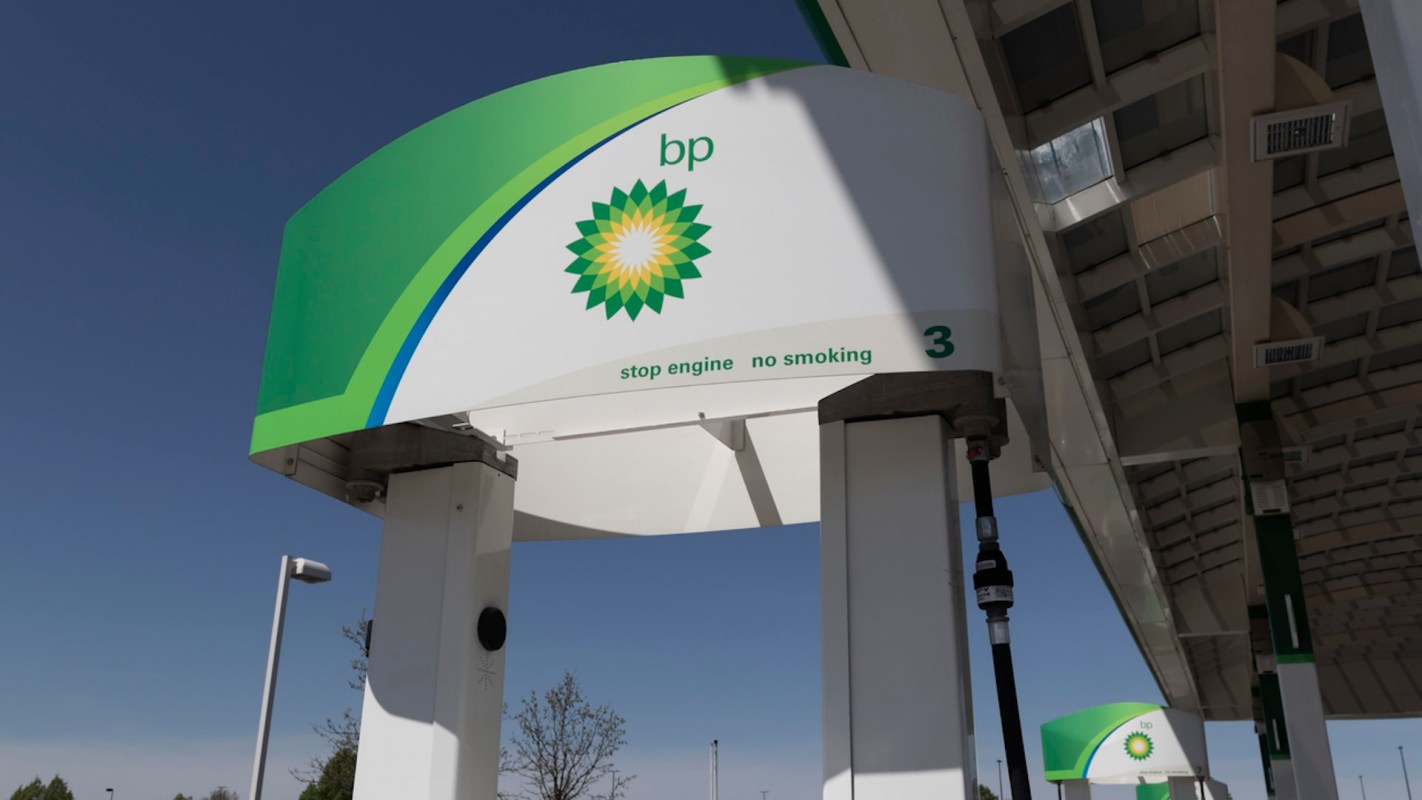BP chief executive Murray Auchincloss appears to be laser-focused on maximizing profits after taking over near the beginning of the year, and that may come at the expense of renewables.
What's happening?
In an interview, Auchincloss outlined his "demand strategy" for BP's future.
"We see growing demand for energy right now across the globe," he told the New York Times. "It is not slowing down."
As a result, BP is "going to invest in today's energy system, to help make sure that prices don't get out of control," Auchincloss explained to the news outlet. "So that's investing into oil and gas."
Alternative energy sources like biofuels and hydrogen aren't off the table, but the company said its oil output would likely increase by 2% to 3% annually through 2027, per Forbes.
"We have some big decisions ahead of ourselves," Auchincloss told the Times.
Why is BP's strategy important?
Oil company leaders, especially in Europe, face a difficult balancing act. They need to demonstrate to customers and governments that they are serious about lowering plant-warming pollution. But they also must appeal to investors who prioritize profitability above all else.
"The first thing investors want is to make sure they get performance," said Giuseppe Bivona, chief investment officer of hedge fund Bluebell Capital Partners, which has criticized BP's renewables push, as reported by the Times.
Continuing to ramp up production of dirty energy may boost BP's profits for now. But it also continues to dangerously overheat our planet.
Scientists warn that to keep warming to 1.5 degrees Celsius (2.7 degrees Fahrenheit) above pre-industrial levels to prevent some of the worst climate impacts, the world must quickly transition away from oil, gas, and coal.
What's being done about BP's strategy?
BP is increasing investments in lower-carbon energy alongside its oil and gas spending. The company reported its biofuels production rose 18% last year, while its EV charging network grew 35%, the Times reported.
"In cleaner energies, BP is now betting on businesses that are closer to the company's existing strengths in distributing fuel and servicing automobiles," Auchincloss told the newspaper.
These are encouraging signs, but still small steps. To truly align with a sustainable climate future, BP and other oil giants will need to much more aggressively shift their business models.
As an individual, you can help accelerate the transition to clean energy by cutting your own usage of oil and gas wherever possible. Choose electric or human-powered transportation, improve your home's energy efficiency, and eat more plants and less meat. Our collective choices have real power.
Join our free newsletter for cool news and actionable info that makes it easy to help yourself while helping the planet.









